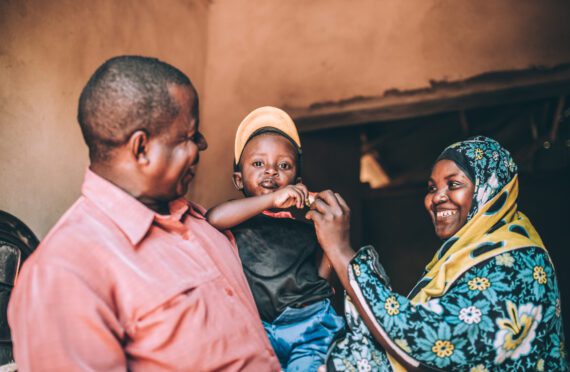Washington, D.C. – Bread for the World joins other faith and advocacy organizations in calling for an immediate resolution to the ongoing water-contamination crisis in Flint, Mich. Bread urges elected officials to provide emergency funding to address the crisis, which includes medical, developmental, and educational consequences of drinking lead-contaminated water.
“We join the growing number of pastors who point out that this is an issue of justice in addition to a hunger, health, and education crisis,” said Rev. David Beckmann, president of Bread for the World. “Solving the water-contamination crisis means solving the underlying issues of hunger, poverty, and barriers to opportunity, especially in the African-American communities which are disproportionately affected by such realities.”
The African-American community in Flint suffers from many of the same problems facing other African-American communities in cities across the nation, including high rates of hunger and poverty. African-Americans account for nearly 6 out of every 10 residents living in Flint. Over 41 percent of households in Flint live in poverty.
According to Bread’s latest analysis, “Hunger and Poverty in the African-American Community,” the nationwide median income for African-Americans in 2014 (the most current data) was $35,398. This is $20,000 less than the median income for other households. Almost 50 percent of black children younger than 6 live in poverty.
In Flint, up to 12,000 children were exposed to contaminated drinking water. Doctors say they could experience a range of serious health and developmental problems well into adulthood. Daily life is also affected since residents cannot cook or bathe using contaminated water.
Faith and civic groups are joining Flint residents in lifting their voices for justice, not just charitable responses to the tragedy. Ending hunger and poverty and having clean water and sanitation for all is achievable. This explains, in part, why Flint has drawn attention from political candidates of both parties.
“Solving the water crisis must go hand-in-hand with solving the underlying causes of hunger and poverty,” said Beckmann. “We are calling for solving the tragedy of water contamination and asking candidates what they will do to end hunger and poverty and advance opportunity if elected.”



